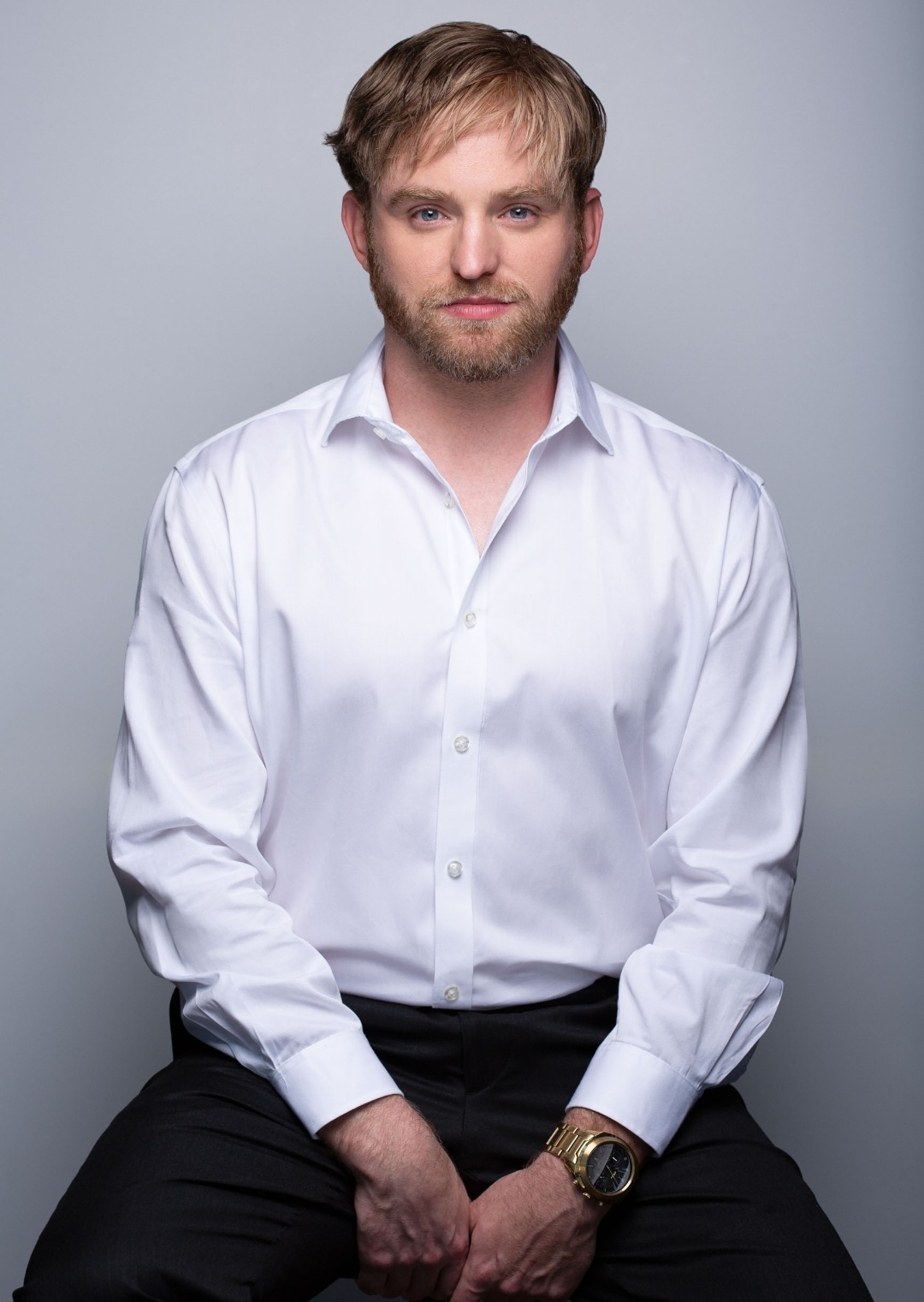We caught up with the brilliant and insightful Paul Starosciak a few weeks ago and have shared our conversation below.
Paul, thanks for taking the time to share your stories with us today Can you share a story about the kindest thing someone has done for you and why it mattered so much or was so meaningful to you?
In order to talk about kindness, I have to tell a sad story about my life first.
When I was an adolescent, my father made a lot bad decisions with drugs (opiates), gambling, and impulsive/disorderly behavior.
My family was poor. So, it wasn’t like we could just brush off his behavior as mistakes that he made with his own money.
His actions and inactions hurt the family to the point of affecting our food budget. He could never keep a good job and would never humble himself to do what he considered “low status work” like service or hospitality. Anything would have been fine if it meant helping your family.
He engaged in a lot of gaslighting, blameshifting, and lying to avoid accountability for his actions. You can look up police reports for his arrests, they’re still active.
His actions brought on a lot of shame on our family, moral dissonance, and resentment.
At the time, I couldn’t leave the house easily because I didn’t have any other options as a young man. So, I just tried to stay away as much as I could.
I loaded up my schedule by coaching at a local gymnastics gym, attending church functions, and going to school. I wanted to make something of myself despite the challenges and poor role modeling at home.
There was also a lot of false guilt that I lived with because while I wanted to avoid negative interations with my dad, I still wanted to stay close to my mom. She was doing her best to keep the peace and was the sole financial provider of the family (and still is to this day). She truly is a good person and I didn’t want my absence to bring her any more pain.
When I was at various church events I met two mentors, Hoang and Jason. Hoang would let me come over and hangout whenever things got really bad. He’d let me vent all my frustrations with the hopelessness of my family situation. He continually gave me a safe place where I could express my feelings, pray, sound out my next actions. He encouraged me to do what’s right in my life while helping others simultaneously. He modeled for me what it means to be a man of integrity.
Jason was also great! He was very transparent about his life with me and shared his own personal struggles. He showed me what it means to be a man who is honest with himself, one who takes accountability, prays, and works with humility.
Much later my father was diagnosed with Bipolar Type II and Narcissistic Personality Disorder. It helped somewhat to have a name to what he is. However, while medication helped chemically with bipolar problems, his lack of empathy and personal accountability never changed for better.
I’m grateful to Hoang and Jason for filling in for all the significant ways that my father could never be. For them to simply live authentically and compassionately, taking up their struggles head on was the greatest act of kindness that they gave me!
I’ve recovered a lot of what I had suppressed emotionally to simply get through those bad days. What I recovered fuels my inspired creative life.
I definitely have a soft spot for kids with troubled families. I was shown a way out and I feel it’s my job to exemplify those ways as well.
So, if you’re reading this and you’re in a similar situation… please know that there is a way to improve your life wherever you’re at. You don’t have to become the worst aspects of your parents. You can reduce dependencies to toxic people without feeling guilty or falling into a low empathy habit of being. There are people who care about you!
You can be successful at whatever you set your mind and heart to do! I recommend praying, planning, and taking persistent action to achieve your dreams. It won’t be easy but you can do it in a way that helps others as well!
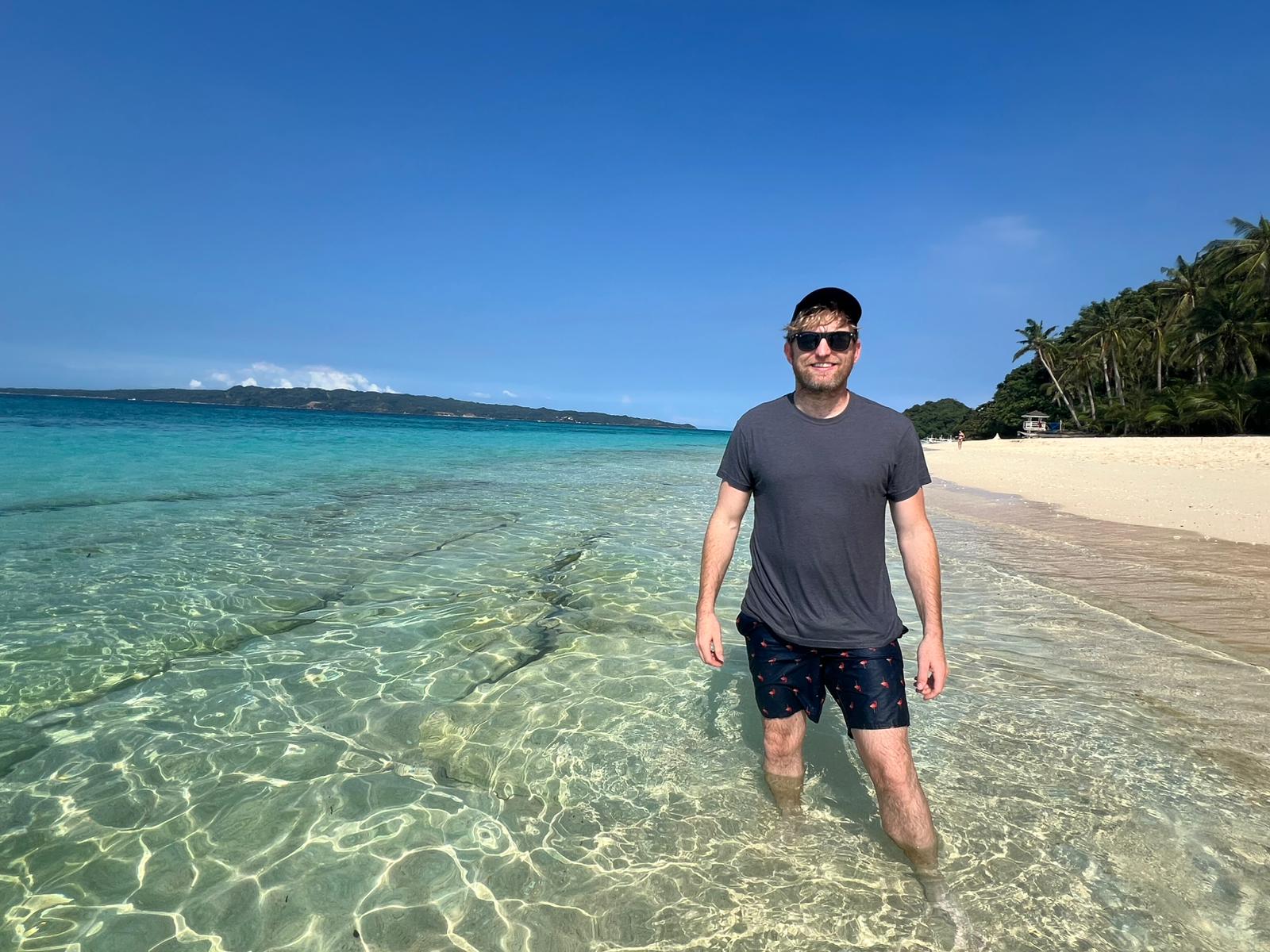
Paul, love having you share your insights with us. Before we ask you more questions, maybe you can take a moment to introduce yourself to our readers who might have missed our earlier conversations?
I’m an actor, producer, and engineer. My brand is freedom through adaption!
I’m most proud of being able to seamlessly move between several domains of work.
When the film industry is down (like recently with all the strikes etc), I can perform engineering services and flip houses on the side.
When I need a break from an overly structured life, I can be on set making movies as part of crew or cast!
Everywhere I go I can find something meaningful to do!
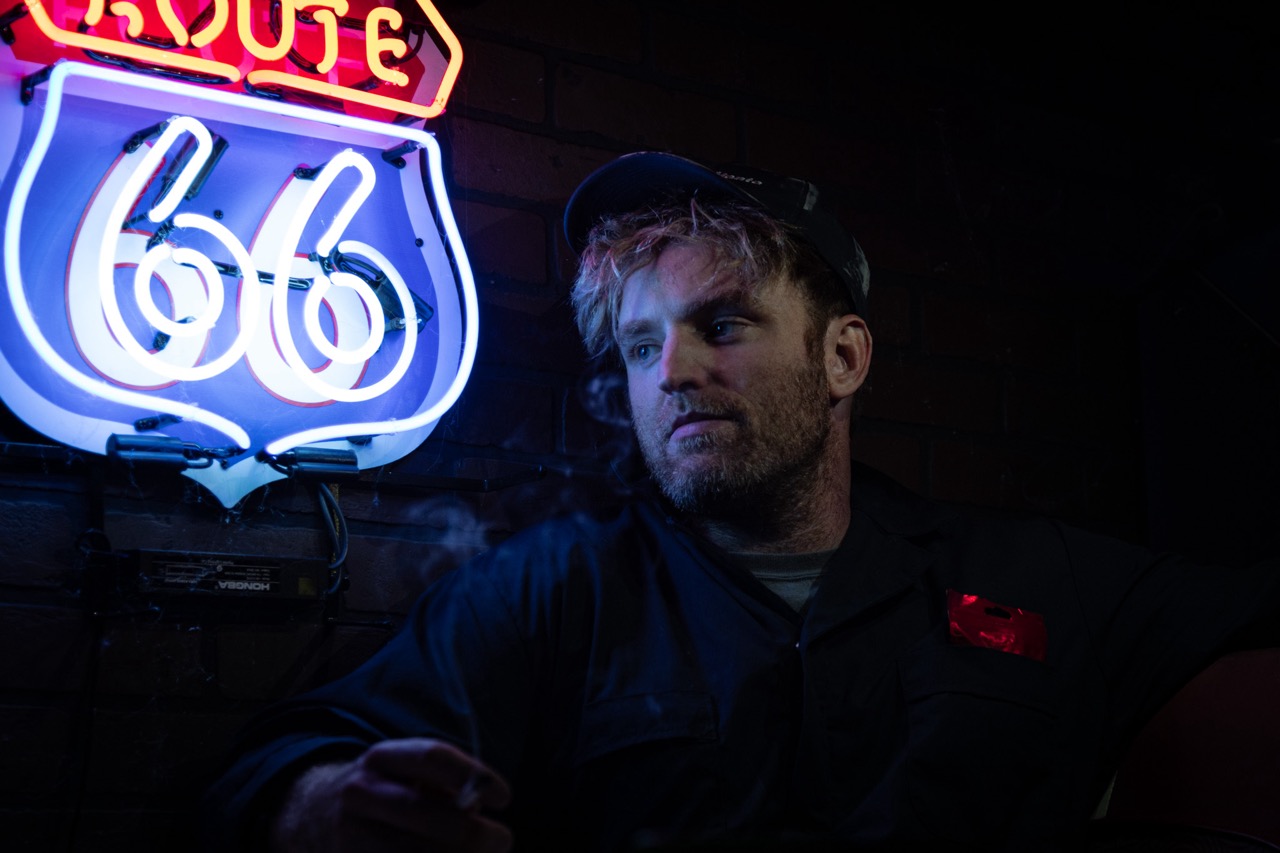
How can we best help foster a strong, supportive environment for artists and creatives?
Trick question somewhat…I don’t think it is society’s job per se to support artists/creatives directly. Some creatives require more resources, so which creatives will society actually support? Which ecosystems provide the best support for all creatives? Who’s paying for the support?
Those are definitely hard questions to answer.
If anything can be done from a public agency perspective… education systems should focus on how creatives can practically graft themselves into meaningful communities in which they serve with reciprocity. Helping creatives balance the need for practical/sustainable living with their artistic focus is a must! Encouragement is always welcome!
“Society” as a single reified or anthropomorphized construct isn’t useful in meaningful discourse since there are many societies and many sub-cultures existing simultaneously. I don’t belive there is one zeitgeist of society but instead an oligarchy of many zeitgeists competing within the sub-concious minds of people. So, to have better discourse about society as a whole, I think taking a sample part and examining it’s pros and cons is a better approach.
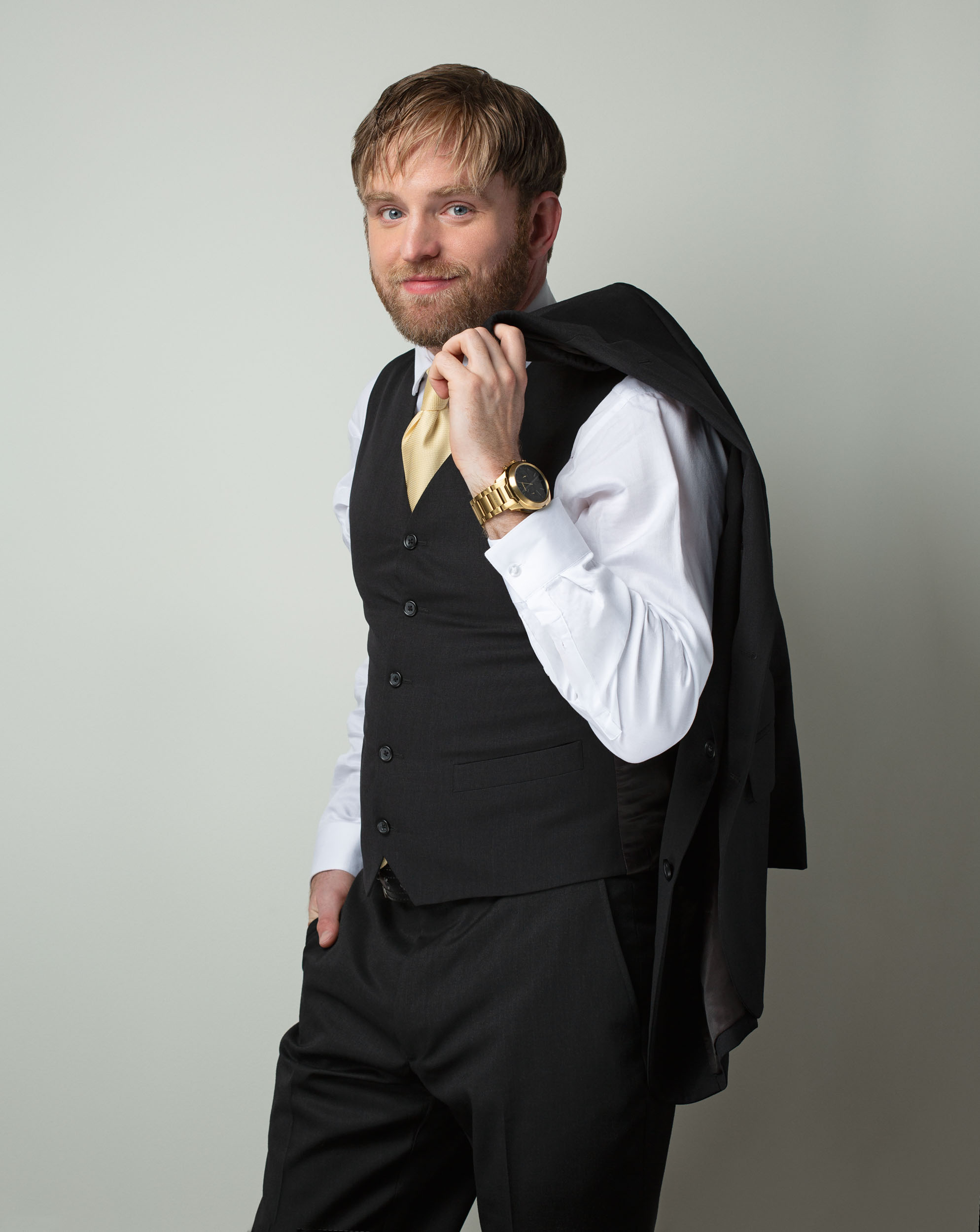
What do you think is the goal or mission that drives your creative journey?
For acting, the main goal I have is that I want to exemplify moral stories with life lessons. I want to play characters where members of the audience can learn things and use what they learn to better their own lives.
That goal can be fulfilled in any role such as the hero, anti-hero, villian, or support.
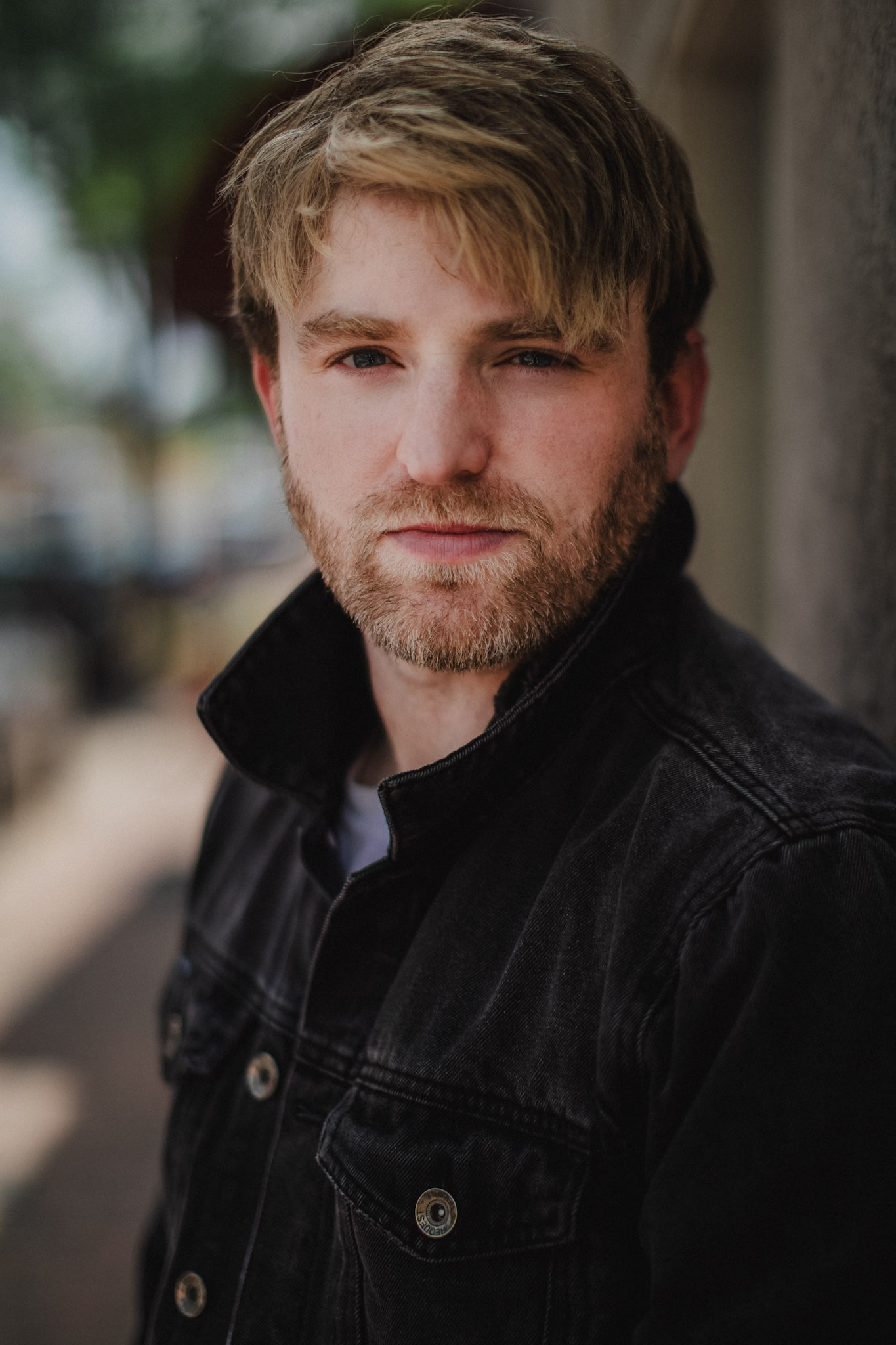
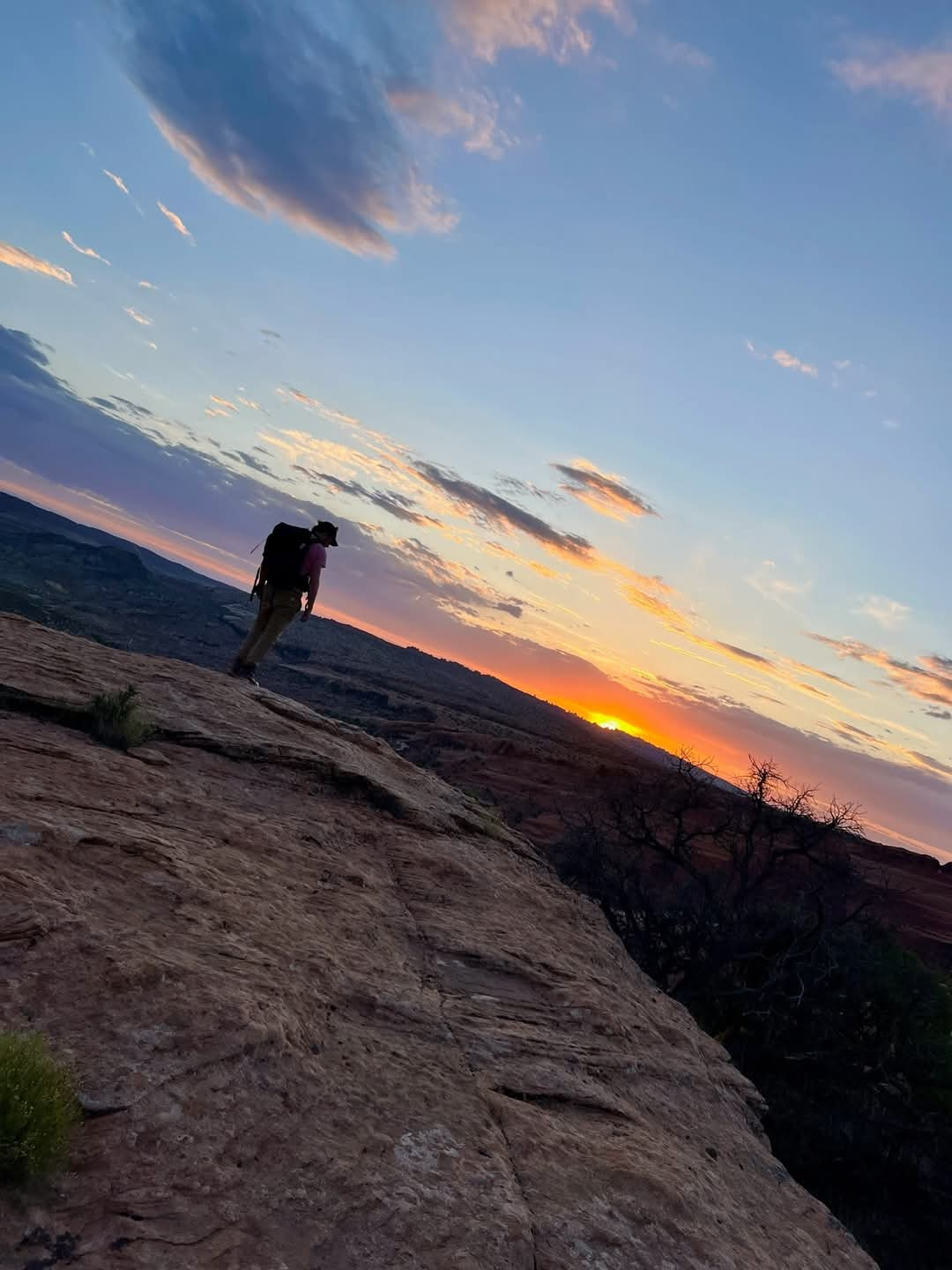
Image Credits
Joshua Chavez
Kenan Hicks


